When I think about how long an in-person fall semester will last, my anxiety builds up faster than the 12 p.m. lines at Rand. We attend one of the most prestigious universities in the country. Our students are hailed as some of the brightest minds of our generation. How is it, then, that so many academically outstanding people can be so knowingly ignorant toward a global pandemic? After Vanderbilt shut down in March because of a deadly, foreign disease that came in contact with numerous students, what was the student body’s response? To hold St. Fratty’s day parties with the very people that were exposed all weekend after.
Even during quarantine, I see students posting on social media about wearing a mask, only to turn around and show themselves in high density and high-risk places with friends like beaches, bars, restaurants and even parties. Don’t get me wrong—I miss the comfort of in-person group hangouts, the tailgates, the hype of going out and the “normal” parts of college life that I now realize I took for granted. I’m not condemning missing this or having fun. However, we need to start condemning the selfishness of these actions before we return to campus.
It takes so much privilege and insensitivity to ignore how many students are experiencing the largest losses of their lives due to COVID-19. Everything from losing family members to housing stability and jobs—and I don’t just mean the internships that were canceled, leaving you bored or having one less thing to put on your resume. I mean the jobs that feed families and ensure that life can continue. The fact is, underrepresented student populations from pre-COVID times (such as low socioeconomic and international students) are having their lives unravel disproportionately and on a deeper level than the rest of us due to this pandemic. Yet, so many—mostly upper or upper middle-class students, including people I used to include in my own close circles—are unaffected enough to simply not care.
The pursuit of hedonism that endangers public health is not something to be praised. After this year, you can have the rest of your life to show off, party and have fun. Regardless, we each have a responsibility to take this virus seriously, if not in the past, at least starting now. If you are scared of freshman mono going around Commons, why not a virus that has killed almost 660,000 people in a couple of months? The U.S. has well over 4 million confirmed cases currently, and that is not a political statement, a hoax or an opinion. It’s a testament to how this country’s people can be selfish and divided by individual gain. Other parts of the world have earned their return to some semblance of normalcy, because they were able to curb their COVID cases. I want to drill the reality into you: the U.S. is not there yet.
“Oh, but we’re young,” is not an excuse to kill someone.
To expect that you have immunity is not an excuse to jeopardize the lives of those who have done everything they can to stay safe. I am afraid to go back to campus and place the wellbeing of myself and my loved ones on people who are still making plans to get wasted while exposing themselves to as many people as possible. I am scared of being put on a ventilator and battling for my life. I am scared of the aftermath even if I do recover—of not being able to return to my dad who has a heart condition, my grandmother or my immunocompromised loved ones indefinitely.
Right now, this outcome feels inevitable, with the people who I thought were friends turning their backs on empathy and responsibility. This is not an individual disease, it is a global pandemic. Just because you decide you do not care does not give you a right to endanger everyone else.
You may ask, “why not just do remote learning or take a semester off?” To have that choice entails having a safe family dynamic, being financially stable enough to take a gap semester or lose on-campus/federal work-study jobs going remote, being able to fulfill graduation requirements through remote learning and having stable internet and a space to work at home—the list could go on for this whole paragraph. On top of that, these situational factors do not take into account the mental strain of students who have studied abroad and haven’t seen their friends in nearly a year, taken a leave of absence, are transfers or are seniors who will be saying goodbye to their life of four years in a couple months. We all have waited since March in uncertainty, and now that we are finally allowed a chance to make more college memories, why aren’t we doing the most we can to protect ourselves?
Moreover, why should I let my life be ruined because you wanted new going-out Instagram content (socially distanced picnics and walks are just as photogenic)? Why should I say goodbye to my loved ones even after I’ve done the most I can to follow social distancing and mask procedures, avoid public places for months and mostly see friends online? Do you think I enjoy being so strict? Do you think I like depriving myself of social contact only to see you flaunt it? I put my name on this piece because I want you to know I will blame you, call you out and think less of you if you continue to act selfishly. I don’t care what names you call me, what excuses you make. Tell me face-to-face after there’s a vaccine, and we make it through an in-person fall semester. I will be happy to listen.

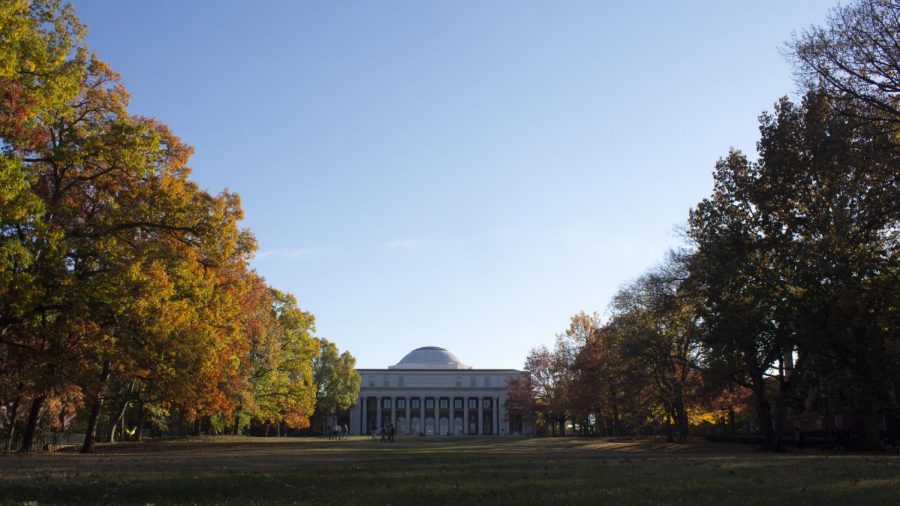
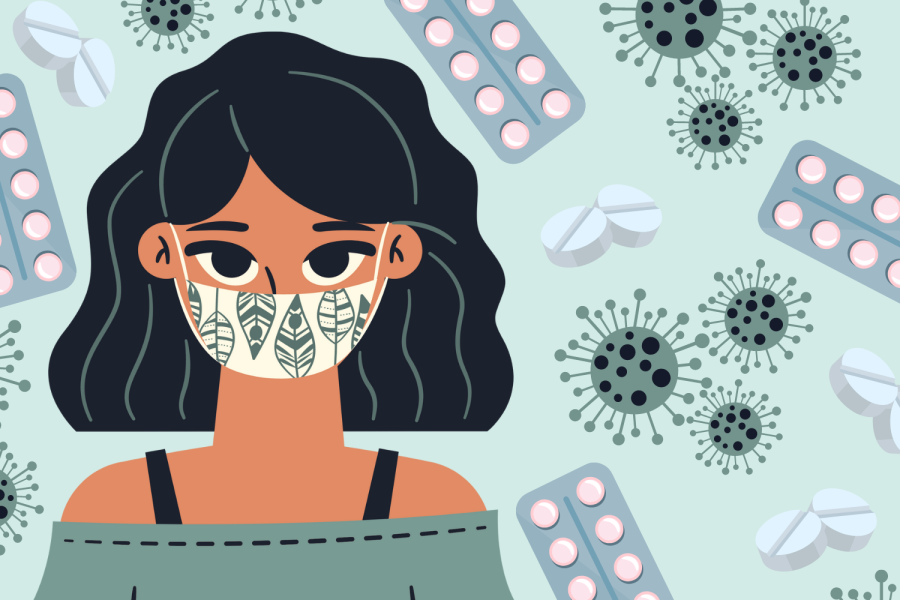
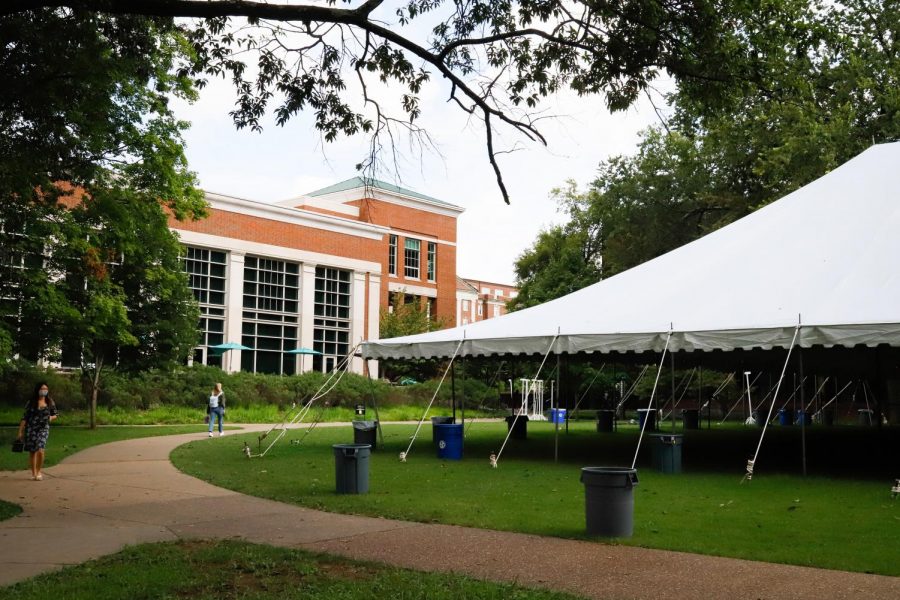
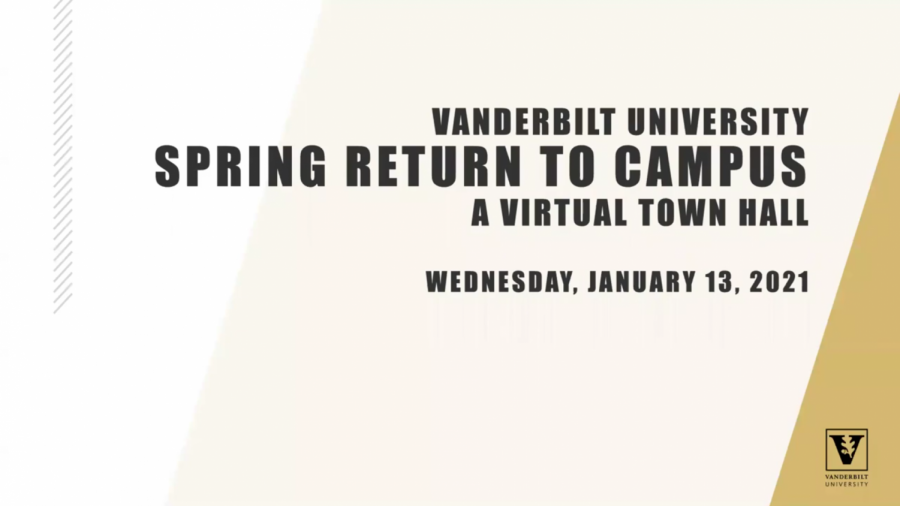



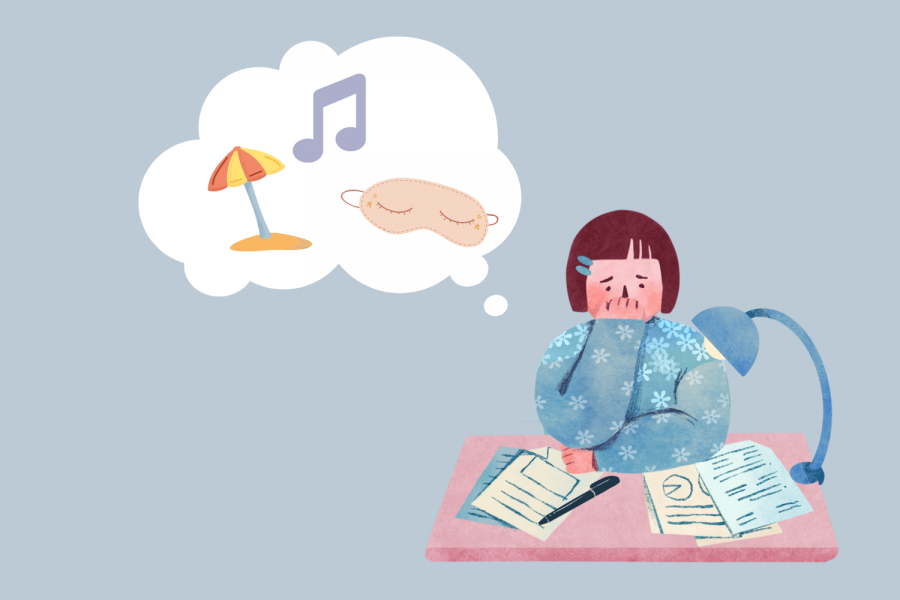
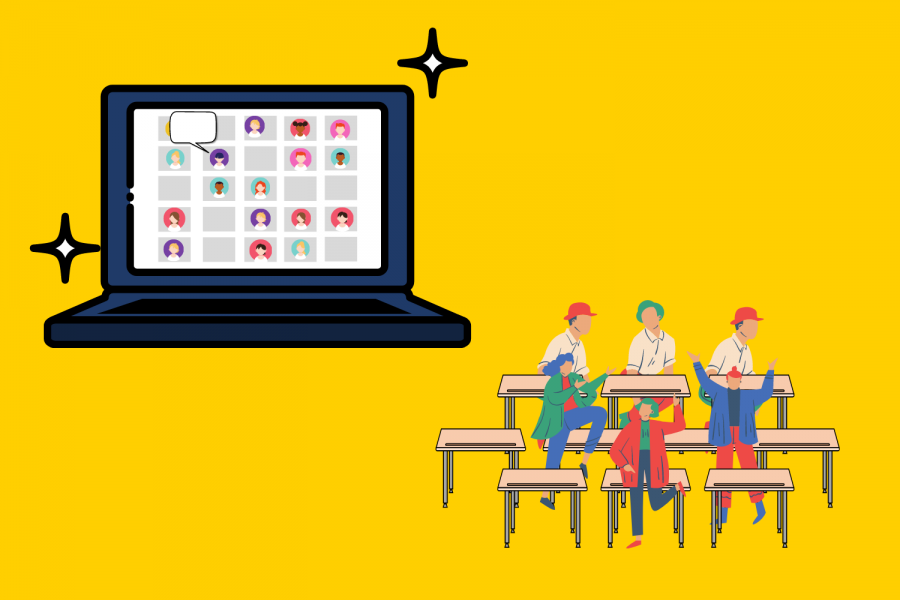
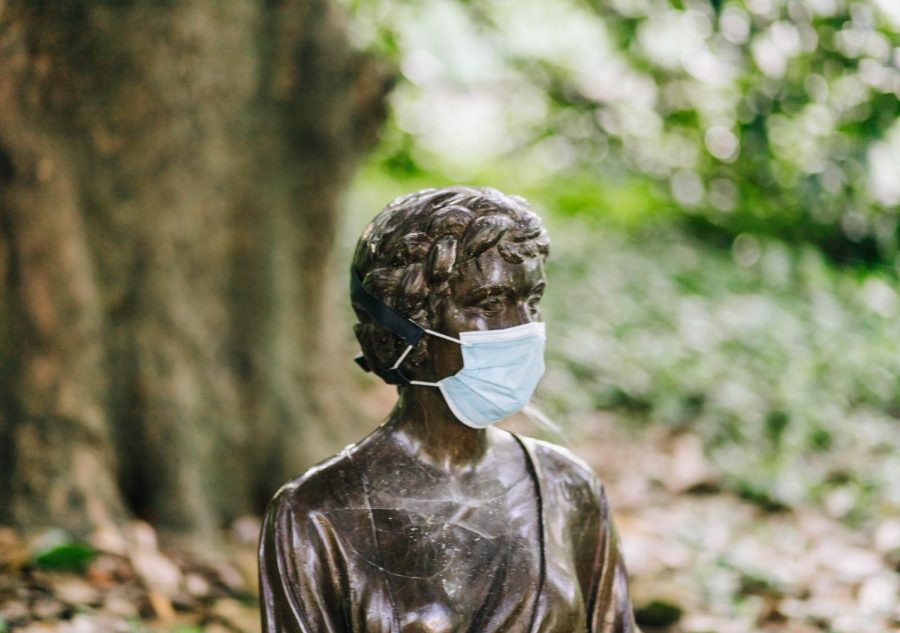
Rosemarie Estrada • Aug 7, 2020 at 6:31 pm CDT
Well written and while I am not a student at Vanderbilt … I hope your message gets across not only to students at Vanderbilt but at the 4998 other colleges and degree granting institutions. Keep writing. Keep speaking your truth.